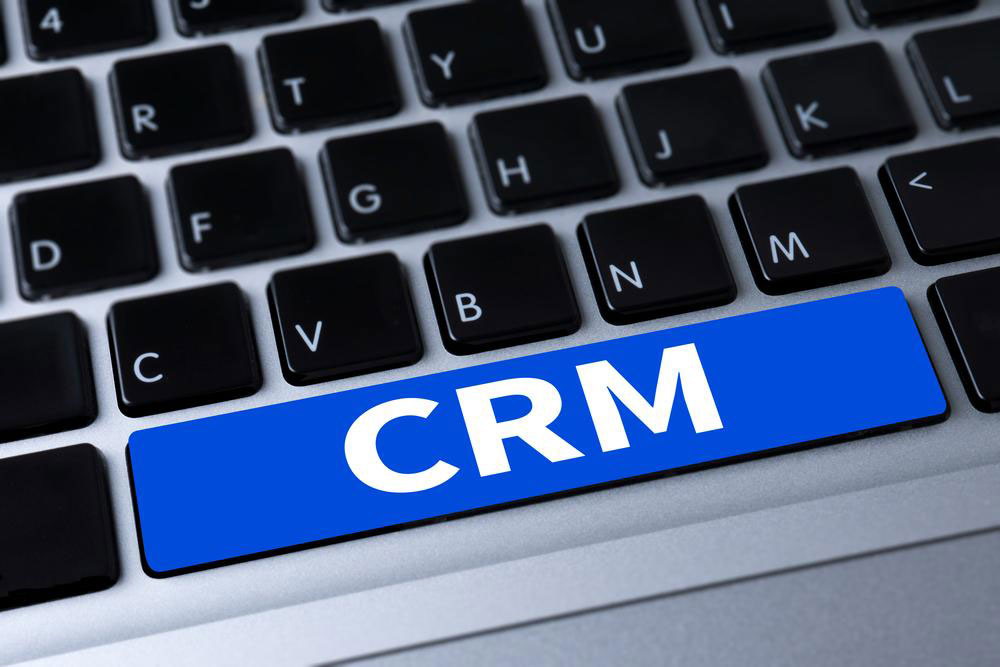Comprehensive Guide to Selecting the Perfect Customer Relationship Management (CRM) System for Your Business
Selecting the right CRM system is vital for business growth, efficiency, and customer relationship management. This comprehensive guide explores key factors like compatibility, usability, reliability, expert collaboration, and strategic planning to ensure successful CRM deployment. By carefully evaluating options and engaging experienced professionals, companies can avoid pitfalls and implement a scalable solution that supports long-term success and operational excellence.

Essential Steps for Choosing the Right CRM Solution to Boost Your Business Efficiency
In today’s competitive marketplace, selecting the most suitable Customer Relationship Management (CRM) system is crucial for maintaining strong customer relationships, streamlining sales processes, and enhancing overall business productivity. While affordability is an important factor, it shouldn't be the sole consideration. A well-chosen CRM platform should align with your company's unique needs, operational requirements, and the skill levels of your staff to ensure long-term success. This comprehensive guide will walk you through the essential criteria and strategic steps to pick a CRM system that not only fits your current business goals but also scales with your growth.
Understanding Your Business Needs and Defining Objectives
The first step in selecting a CRM system is thoroughly understanding your business requirements. Identify specific pain points the CRM should address, such as enhancing customer communication, automating sales workflows, or providing better data analytics. Establish clear objectives, whether it's increasing sales conversions, improving customer satisfaction, or streamlining marketing efforts. This clarity helps in narrowing down options and focusing on features that add value to your operations.
Assess Compatibility with Business Size and Industry
Not all CRM platforms are suitable for every business size or industry. For example, a small startup may benefit from a lightweight, easy-to-implement CRM, whereas a large enterprise may require a scalable solution with advanced customization options. Additionally, some CRMs are tailored specifically for certain industries like retail, real estate, or healthcare, offering specialized features that can significantly enhance functionality. Carefully evaluate these factors to choose a system that aligns with your industry and organizational structure.
Prioritize User-Friendliness and Ease of Adoption
Implementing a CRM system involves change management. Employees need to adapt to new workflows, so selecting a user-friendly platform is essential. Opt for solutions that offer intuitive interfaces, straightforward navigation, and minimal learning curves. Additionally, consider solutions your team members are comfortable with or find familiar, to facilitate quicker adoption and reduce resistance. Training resources, tutorials, and ongoing support should also be evaluated to ensure your staff can utilize the system effectively.
Evaluate Operational Reliability and Performance
A CRM system that frequently experiences downtime or slow performance can severely impact your productivity. Reliable operation is critical, so research the platform’s uptime statistics and user reviews to gauge stability. Opt for solutions with proven performance records and commitments to SLAs (Service Level Agreements). Also, consider the deployment timeframe; systems that require more than 3-4 months to fully implement can delay key initiatives and disrupt business operations.
Effective Training and Transparent Communication
Successful CRM adoption depends heavily on comprehensive training programs. Educate your staff about the benefits and functionalities of the new system, and create a supportive environment for questions and feedback. An open communication policy fosters trust and helps identify potential issues early on. Organize webinars, workshops, and hands-on sessions to build confidence and ensure everyone is aligned with the new processes.
Engage Experienced Professionals for Implementation
While your internal IT team plays an important role, deploying a CRM that involves customer management, marketing, and sales functionalities often requires specialized expertise. Hiring external CRM consultants or specialists who have a track record in successful integrations can significantly reduce errors, speed up the deployment, and optimize system performance. Their expertise ensures that the system is tailored to your needs and integrated seamlessly with existing tools.
Designate a Project Manager for Oversight
Implementation projects benefit greatly from having a dedicated project manager who understands CRM systems and your organizational goals. This individual oversees the entire deployment process, coordinates between teams, and ensures milestones are met. The project manager also serves as the primary point of contact for resolving issues quickly and maintaining progress within the set timeline.
Develop Strategic Partnerships with CRM Experts
Building strong relationships with CRM vendors and consultants provides ongoing support and insight. A trusted partner can help troubleshoot issues, recommend new features, and facilitate future upgrades. Establishing these partnerships ensures you have access to expert advice when needed, minimizing interruptions and maximizing the platform’s potential.
Planning for Contingencies and Securing Executive Buy-In
No implementation process is without risks. It’s wise to develop a contingency plan that accounts for unforeseen challenges, such as integration difficulties or user resistance. A typical backup plan spans around two months, allowing sufficient buffer time to address issues without derailing your overall timeline. Additionally, securing approval from higher management early in the process ensures alignment and facilitates smoother decision-making.
Finalizing the Selection and Moving Towards Successful Deployment
Ultimately, selecting the right CRM system requires a balanced combination of careful planning, stakeholder involvement, and expert advice. Proper pre-implementation research and transparent communication lay the foundation for a smooth transition. When all departments and personnel are engaged and trained adequately, the CRM implementation is more likely to succeed, delivering the desired improvements in customer management and business efficiency.
In conclusion, choosing a CRM system is a strategic decision that can significantly influence your company's growth trajectory. By following these comprehensive guidelines—considering your unique needs, ensuring operational reliability, fostering team buy-in, and collaborating with seasoned experts—you position your business for success in enhancing customer relationships and operational effectiveness. Invest time and resources in the selection process, and you will reap the benefits of a robust, scalable CRM solution tailored for your long-term success.





